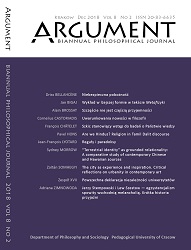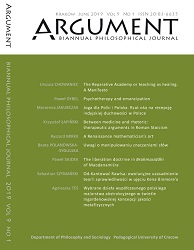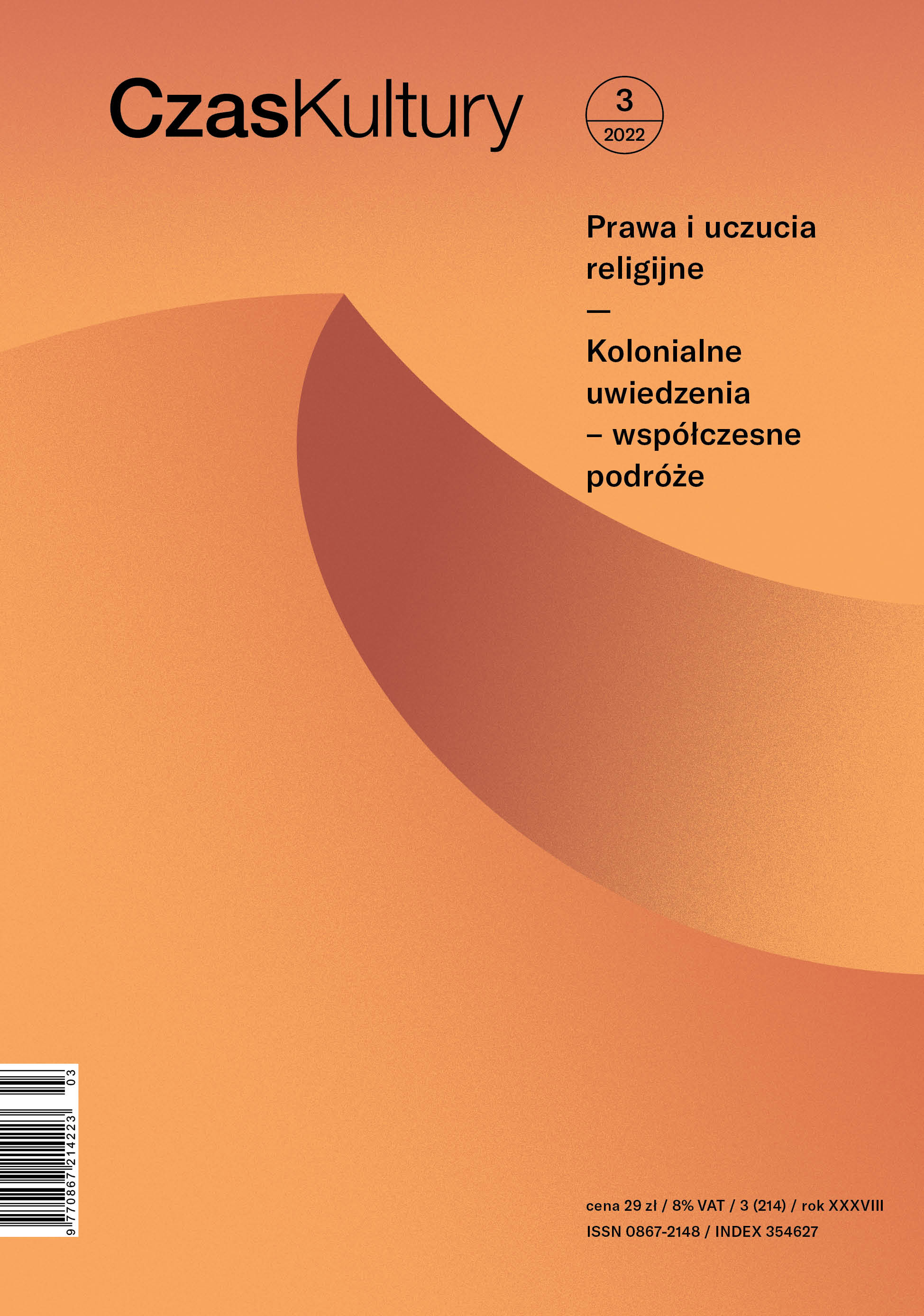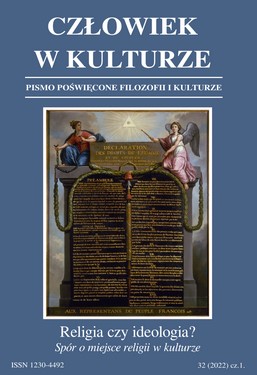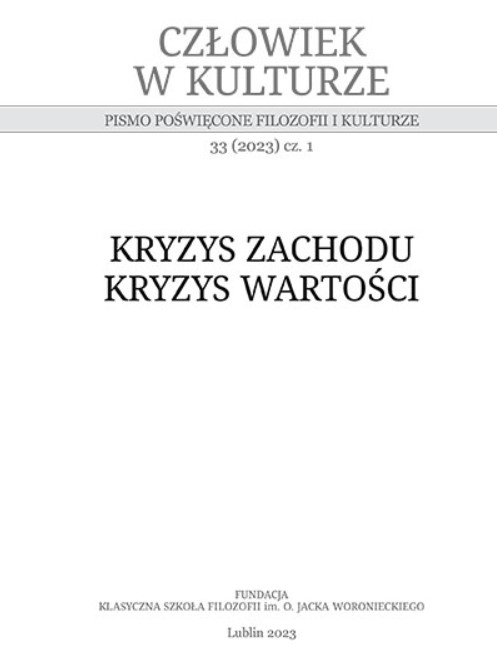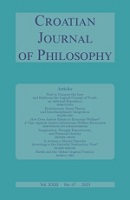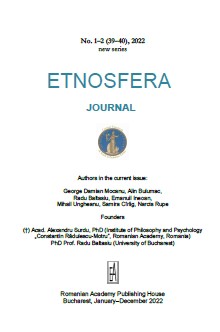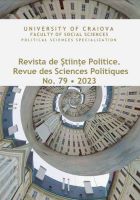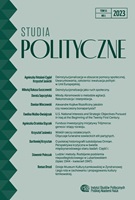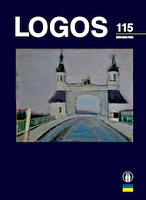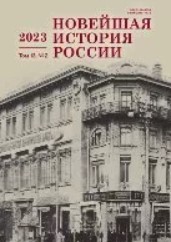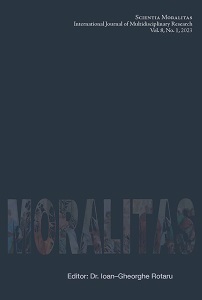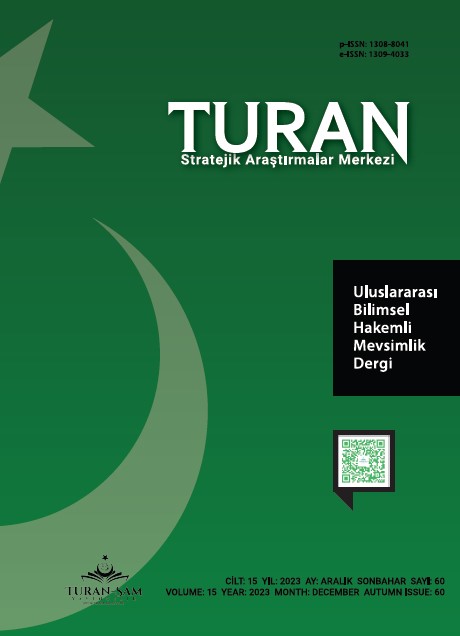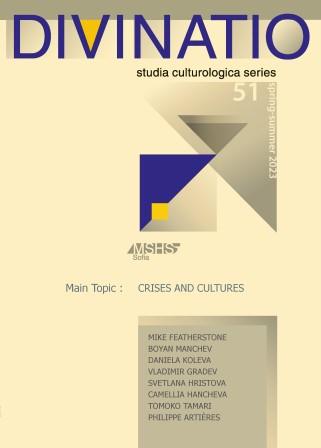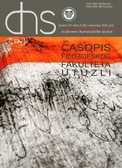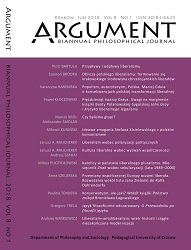
Liberalizm–antyliberalizm: wiatr historii i ciągle niezakończona modernizacja
Organizatorzy konferencji postawili tak trafne pytania, że chciałoby się odpowiedzieć na wiele z nich, tym bardziej że nie zgadzam się z większością przesłanek, z których te pytania wyprowadzili. Sądzę bowiem, że liberalizm w Polsce nie ma takich tradycji, z których rozwinęły się idee liberalne lat dziewięćdziesiątych XX wieku. Liberalizm został do Polski importowany, o czym przekonująco — w każdym razie dla mnie — pisał Jerzy Szacki jeszcze wówczas, gdy wydawało się, że ideologia ta dominuje wręcz w życiu publicznym. Szacki przedstawił też przyczyny owego cudu, a także szanse — jego zdaniem raczej nikłe — na to, że okrzepnie on w naszym kraju i nabierze, jak to nazwał, charakteru „integralnego”. Profesor Szacki zmarł w październiku 2016 roku, miał więc jeszcze sposobność przekonać się, że jego pesymizm był w pełni uzasadniony.
More...
